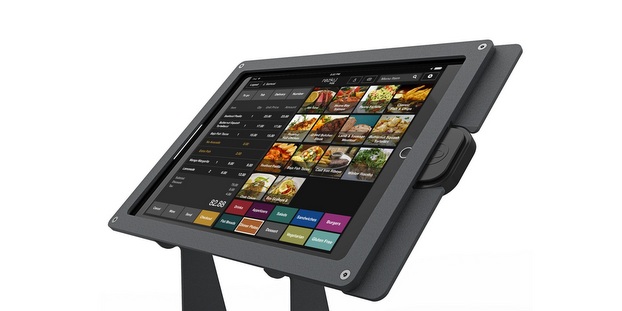
The importance of your point of sale system is apparent in the name. It’s both a customer service touch point (right when they are leaving) and a bookkeeper. An informal weekend poll walking around taprooms shows many of you are equipped with tablets for an easy customer-swiping, touchscreen signing experience, which is good, but not all of these are created equal.
What’s changed in the POS game?
Well, it’s mostly updates to the environment surrounding the POS system, such as speed and affordability of mobile computing.
The biggest change in POS is due to the tablet market. A few years ago, when these mobile POS services emerged, it was kind of like the Wild West, especially with Android tablets of varying quality. Now, the tablet market has shaken out and become more business oriented, with iPad establishing itself as a market leader. There is now a full ecosystem of reliable commodities — iPad, Epson printers, Ingenico card readers — ready for this role. Plus, the price of tech keeps dropping. iPads were like $700 a couple years ago. Now a brand new one is about $250 and works even better.
The speed and reliability of on-site internet connections has also improved along the way, which takes advantage of the cloud and doesn’t require an on-site server for POS. This can lower the upfront hardware cost considerably.
Minimize downtime risks
The No. 1 shortcoming that bar owners are dealing with is downtime. Downtime costs real money in a bar. One way to avoid downtime is to go with a system that relies on reliable hardware components instead of off-brand tools.
Next comes the connection over the bar’s network and being sure it has an offline mode. If your POS operates with a hybrid cloud, it should be able to keep working even if the internet goes down, like a traditional offline POS system.
This includes — drum roll, please — still being able to take credit card payments. When the internet decides to work again the system should sync automatically without any extra steps from the users.
RELATED: The secret to selling more to-go beer from your tap room (hint: ask!)
Don’t forget this is a tablet
It may cost more for the upgrade but having that backup mobile iPad for a bartender or wait staff to walk around with can be a nice touch on a busy day to take orders (that connect wirelessly to the bartender’s printer) or cash someone out.
What should brewery owners be looking in a POS?
Paul Katsch, a veteran restaurant owner and Silicon Valley entrepreneur, founded Rezku in 2012 with the express mission of providing affordable high-tech solutions for food and beverage service businesses. The company has been selling its systems for restaurant reservations and table management as well as its restaurant and bar specific POS since 2016. The typical Rezku is the usual single station setup at the bar consisting of an iPad, stand, cash drawer, little Epson cash drawer printer and a card reader. It connects to the restaurant’s wifi for automatic data storage and backups and for credit card processing.
We asked Katsch for his keys to a POS system for a brewery in 2018, and here are his top four:
- Reliability. Look for features like an offline mode that is still able to take credit card payments.
- Affordability. From the credit card processing fees to the service charges, support charges, etc. — look at all the costs involved. If you can get the features you need without breaking your wallet that’s hugely important.
- Security. Credit card companies hold merchants liable in the case of fraud and most chargebacks. PCI is important to understand here. If your POS system stores credit card information on it, you’re looking at a complicated and potentially expensive annual PCI audit. Look for systems with E2EE (end to end encryption). This reduces the PCI compliance scope down to a few short questions they send back to their merchant, and that’s it.
- Contracts. Try to avoid a long-term contract and instead pay month to month. As a startup business owner you don’t want to get locked into a long contract. If things in the business change and you’re locked into a long POS contract, you’ll be required to keep paying no matter what.
Plus, think about some of the extras. Rezku POS, for example, lets you track your inventory and audit your bottles or kegs for consistent pours. Labor is built in so you can track your labor against sales to make sure you turn a profit. Sales by product, sales by hour, all the discount that have been given out. Almost anything you can think of there’s a report for it.

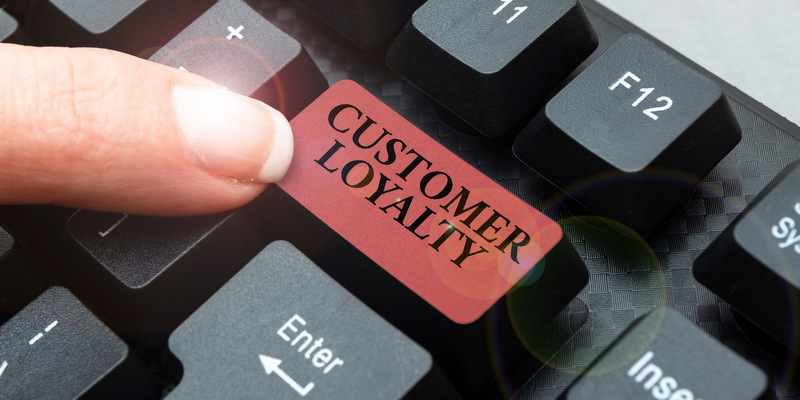
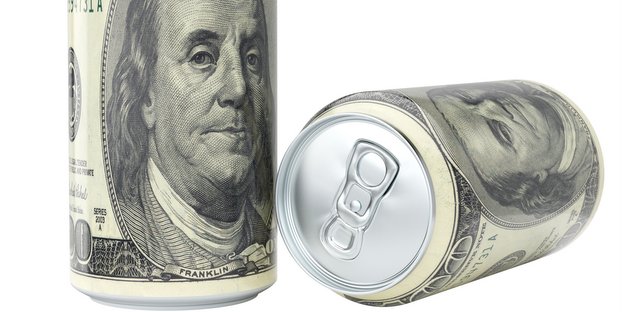
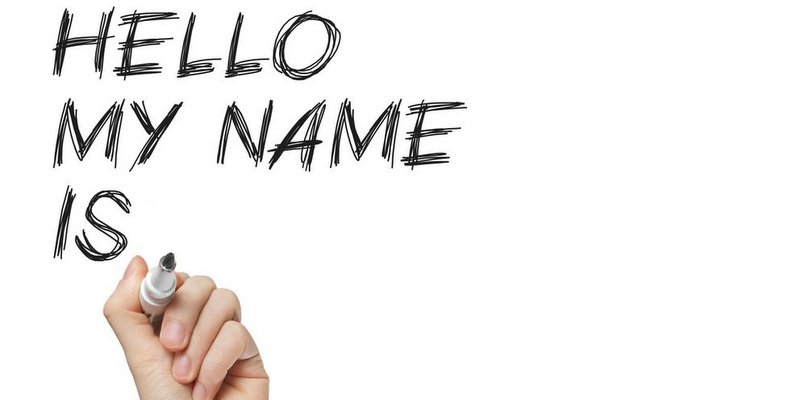
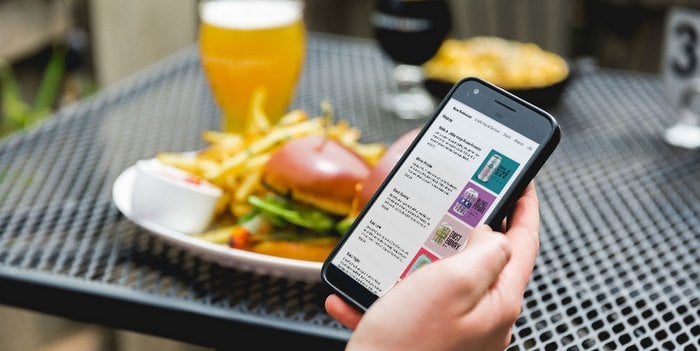

Leave a Reply
You must be logged in to post a comment.